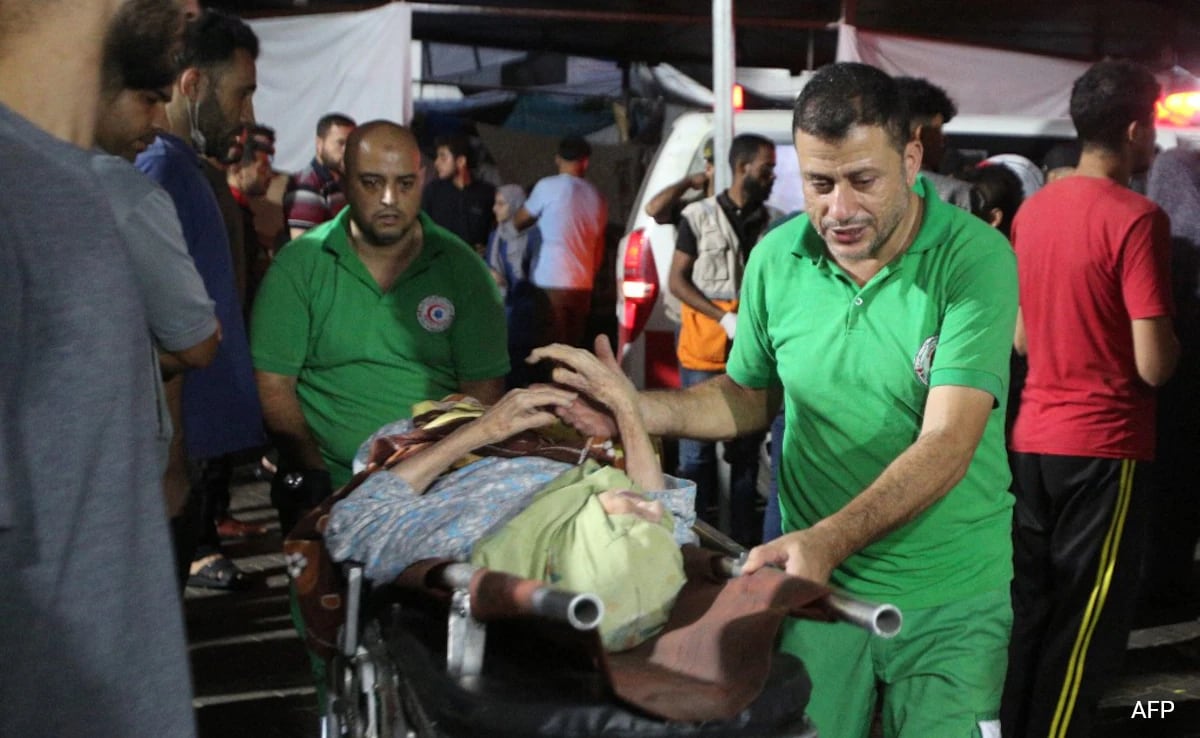
“We cannot lose these health facilities. They absolutely must be protected”: WHO Gaza Coordinator
Geneva:
World Health Organization officials voiced concern on Tuesday about the possible collapse of hospital provision in southern and central Gaza, with hundreds of medical staff and patients having fled facilities for their lives.
Only about a third of Gaza’s hospitals are functioning in any way, and some only partly, in the bombed-out enclave following months of Israeli bombardments as part of the military campaign against Hamas in response to the Oct. 7 attacks.
The fighting has intensified in central and southern areas, putting extra pressure on over-burdened hospitals that remain open.
“What we’re seeing is really worrying around Al Aqsa Hospital and (an) intensification of hostilities very close to European Gaza Hospital and very close to Nasser (Hospital),” Sean Casey, WHO emergency medical teams coordinator in Gaza, told a Geneva press briefing by video link.
“We cannot lose these health facilities. They absolutely must be protected. This is the last line of secondary and tertiary health care that Gaza has – from the north to the south it’s been dropping, hospital after hospital,” he said.
He said that patients were risking their lives to get to hospitals in the southern city of Khan Younis on Tuesday because of the ongoing fighting.
During a visit to Al Aqsa in central Gaza two days ago, he discovered that 70% of staff had deserted their posts. That same night, hundreds of patients well enough to flee followed suit, he said.
Many staff at Nasser Hospital in the city of Khan Younis had also joined hundreds of thousands of other Gazans crowded into shelters in the strip’s southernmost tip, he added. There was just one doctor for more than 100 burn victims there, he said.
“What we continue to see is the health system suffering – health workers unable to go to their workplace to care for patients because they fear for their lives … Patients who fear and their families who fear going to the hospital because they may die on the way,” he said.
“We are seeing the health system collapse at a very rapid pace,” he added.
Rik Peeperkorn, WHO representative for the Occupied Palestinian Territory, told the same briefing it was getting harder for WHO to make medical deliveries inside Gaza.
“What we witness is a complex and shrinking humanitarian space, because of the hostilities moving south, and the lack of access,” he said.
(Except for the headline, this story has not been edited by NDTV staff and is published from a syndicated feed.)




